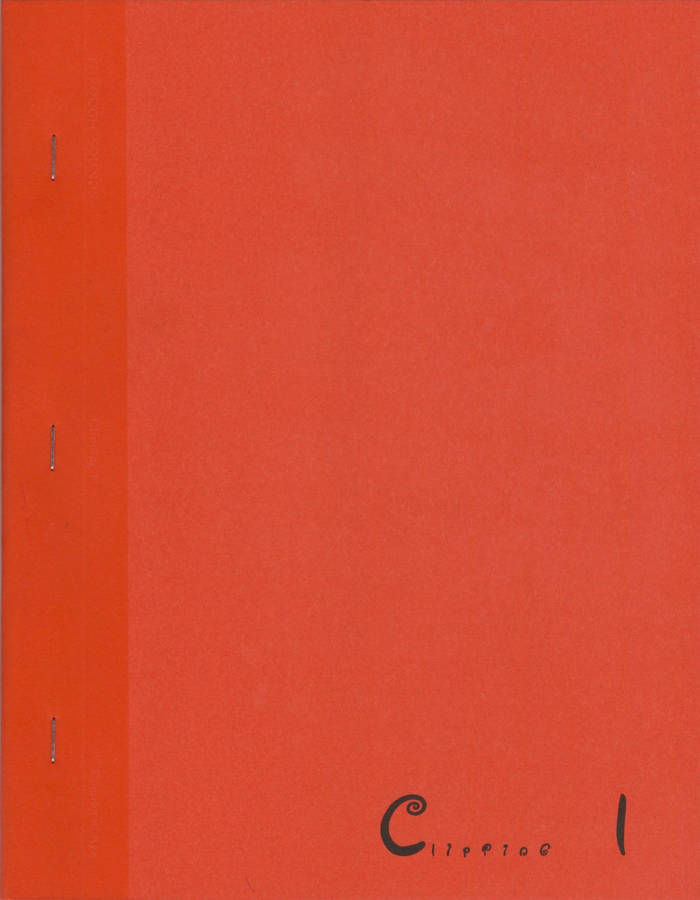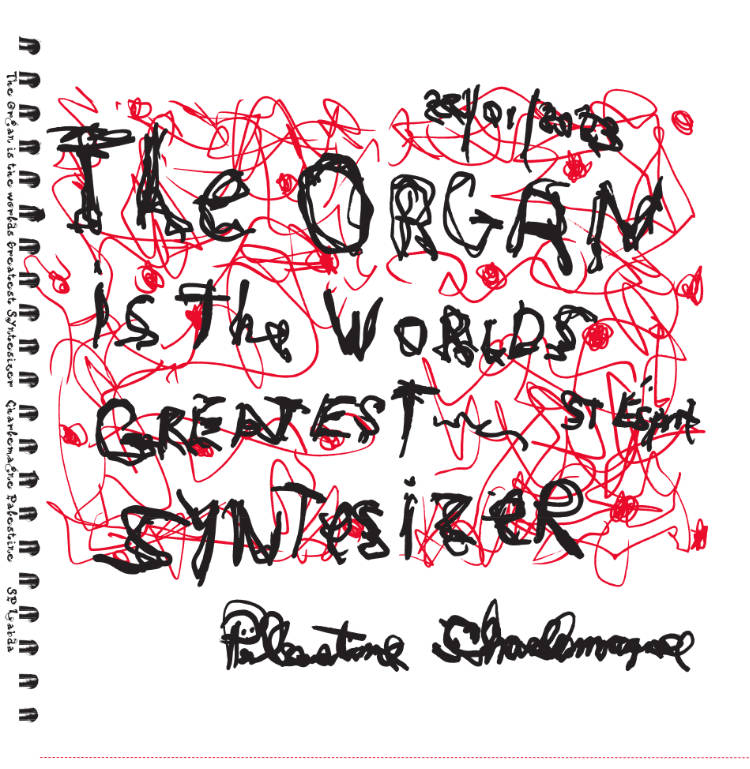
Gut Feelings – Melodies and Aromas
With the vinyl recording of a musical, the artist proposes a new chapter in her project on fermentation as a living, palpable theory that blends body, feminism, and community.
Gut Feelings is a musical sung and performed by giant bacteria. It is a reference to lesbian separatist communities and more specifically to their capacity to create other forms and ways of life, outside of unliveable norms. The motif of fermentation here becomes a metaphor for the activity of a micro-organic and ungendered community, both human and non-human, alive, moving and changing form. In the manner of fermentation, this community in constant activity evolves autonomously, feeding itself and the space around it.
Louise Siffert (born 1988 in Strasbourg, lives and works in Paris) is a French performer. The world of work, alienation, the search for well-being, the place of habits: Louise Siffert's performances question and relate these current themes in theatrical and burlesque settings. Anchoring her work in scientific and sociological reflections, she creates characters with exacerbated personalities, overexploiting the codes of language and behavior that are attributed to them.
Language: English




